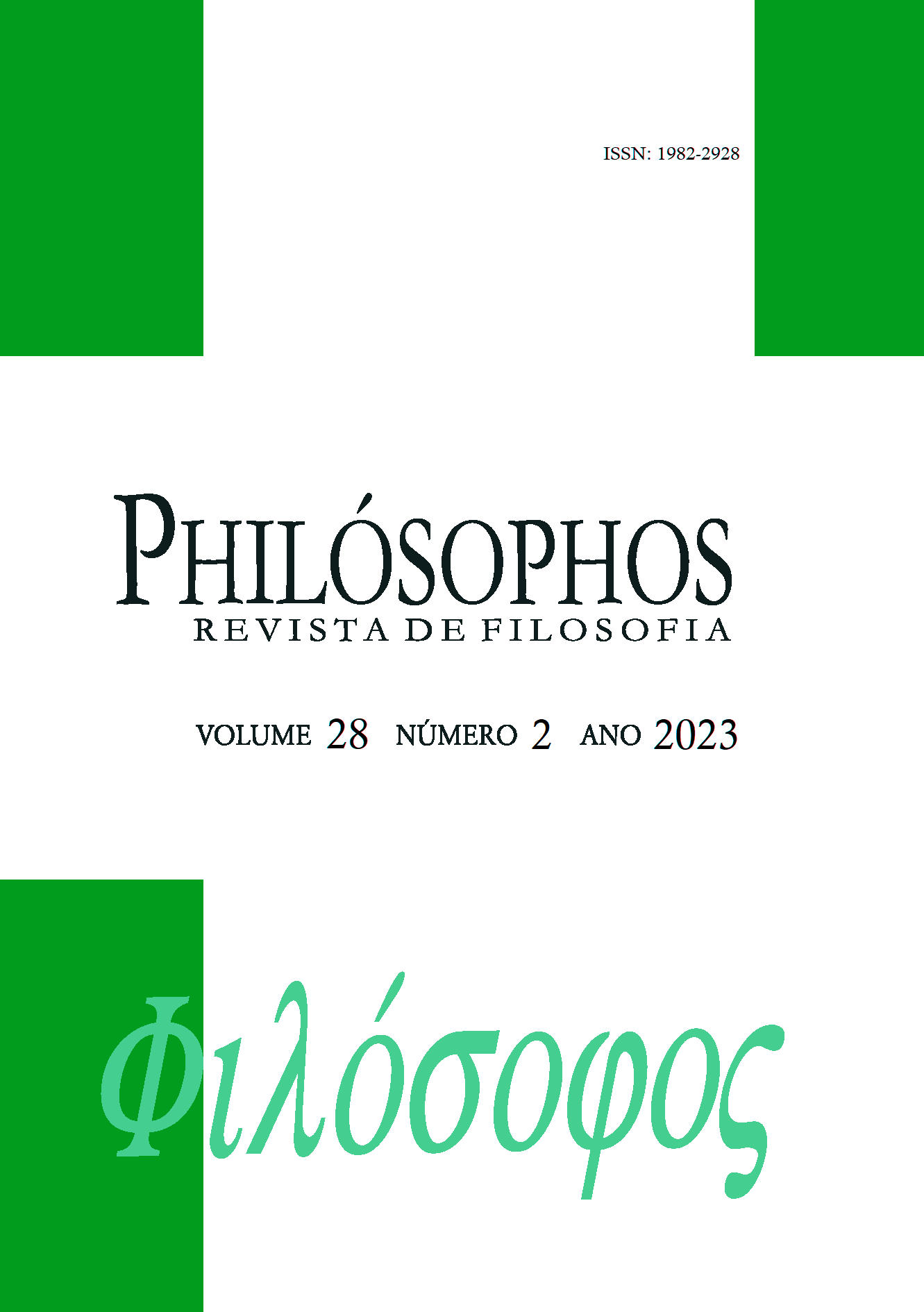Objections and (counter)arguments to the institutionalization of Philosophy Teaching as a philosophical research subarea
DOI:
https://doi.org/10.5216/phi.v28i2.76991Keywords:
Ensino de Filosofia; Campo de Conhecimento; Institucionalização; Problematizações; Contra-argumentos.Abstract
Since 2019, the discussion on Philosophy Teaching as a field of knowledge or research subarea has been on the agenda in Brazil. This is a debate that involves, so far, the mapping of bibliographical productions on the subject, the discussion about the epistemological status of the field and likewise, the discussion about the political-institutional aspects involved in the search process of philosophical citizenship for the subarea in question. This article proposes to problematize the field of Philosophy Teaching from a new perspective: what are the objections usually made to the institutionalization of this research subárea? In a synthetic way, the objections consist of: to disagree with the philosophical character of the field; to defend the exclusively professional nature of the subárea; to warn for a greater fragmentation of knowledge; to fear that the Teaching of Philosophy will be limited to the academic-scientific standard, leaving its formative dimension in the background. The basis for problematizations will be the reconstitution of arguments against the institutionalization of the field of Teaching Philosophy – in the attempt that the counter-arguments will offer greater complexity to the debate.
Downloads
Downloads
Published
How to Cite
Issue
Section
License
Copyright (c) 2023 Philósophos a journal of philosophy

This work is licensed under a Creative Commons Attribution-NonCommercial-NoDerivatives 4.0 International License.
Authors who publish in this journal agree to the following terms:
- Authors retain copyright and grant the journal right of first publication, with the work simultaneously licensed under a Creative Commons Attribution License that allows others to share the work with an acknowledgement of the work's authorship and initial publication in this journal.
- Authors are authorized to enter into separate, additional contractual arrangements for the non-exclusive distribution of the journal's published version of the work (e.g., publishing in an institutional repository or as a book chapter), with an acknowledgement of its authorship and initial publication in this journal.















